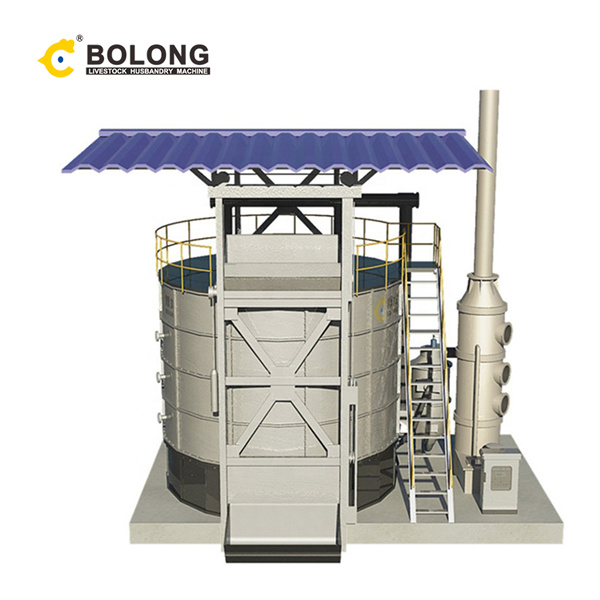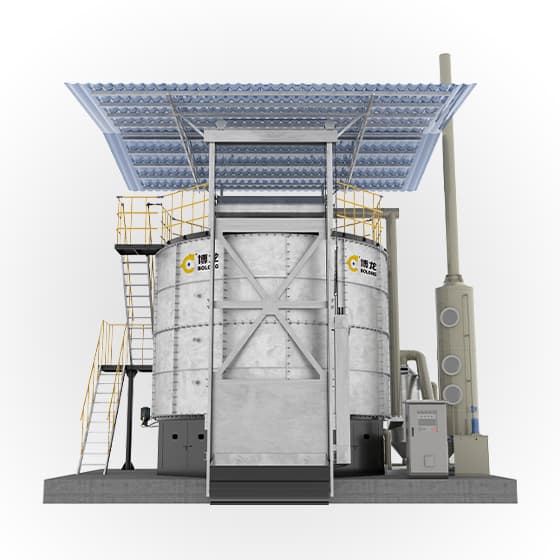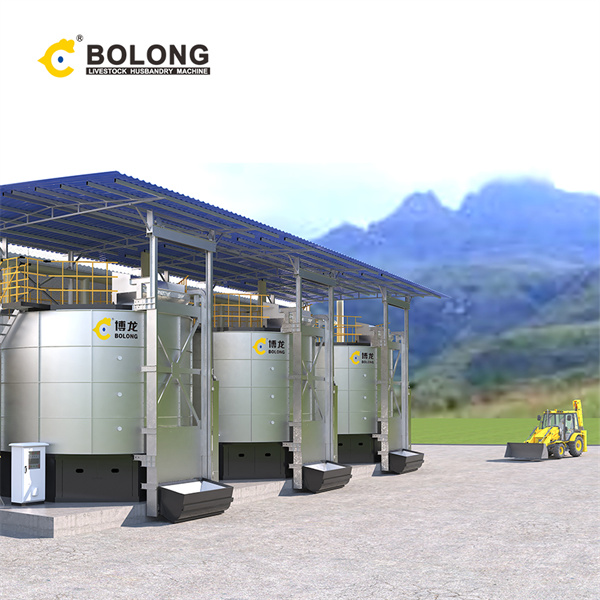


Jul 23, 2013 · A randomized complete block experimental design was used with the six compost/fertilization treatments replicated four times. Plant height (22 days after transplanting), stem diameter and shoot weight (just after final harvest), fruit yields, and fruit size were measured for each plot.
Composting is a biological process that converts organic waste into nutrient-rich soil, promoting a sustainable waste-to-resource cycle. The engineering behind a composting system is critical to optimizing the process, ensuring it is efficient, environmentally friendly and scalable to meet the needs of both small and large-scale operations.Engineering Principles Applied in CompostingThe
Oct 31, 2018 · Different organic waste composting with a balanced C/N ratio, proper bulking density, and moisture content could have less GHG emissions. 3.7.2 Composting Operational Process. The composting operation process was different according to the composting systems. Generally, the composting systems can be divided into open system and closed system.
Sep 5, 2022 · Eleven key predictors of compost (carbon-to-nutrient ratios, pH and salt content electric conductivity), management (nitrogen N supply) and biophysical settings (crop type, soil texture, soil
Feb 22, 2024 · Produce nutrient-rich compost and fertilizer from manure and other farm wastes. Composting will reduce the waste’s volume, eliminate pathogens, and transform it into a product you can safely apply to fields or use in plant potting mixes. Use anaerobic digestion to produce biogas and nutrient-rich digestate. Biogas, primarily composed of
Compost from farm-waste. A mass of rotted organic matter made from waste is called compost. The compost made from farm waste like sugarcane trash, paddy straw, weeds and other plants and other waste is called farm compost. The average nutrient contents of farm compost are 0.5 per cent Nitrogen, 0.15 per cent Phosphorus and 0.5 per cent Potassium.
Mar 1, 2023 · Composting is the most adaptable and fruitful method for managing biodegradable solid wastes; it is a crucial agricultural practice that contributes to recycling farm and agricultural wastes.
Apr 2, 2024 · To make compost, add your base material to the bag or box, add your scraps to the mixture, and mix, either by stirring the contents of the box or squeezing the bag. What you need: Though both
Sep 1, 2022 · CR with narrow Carbon: Nitrogen ratio (30:1) facilitate fast composting that can serve as an option for deriving high-energy organic fertilizer and serve as a viable alternative for sustainable organic farming (Huang et al.,2022). Agri-waste can be composted into granular compost for use as manure in field conditions (Mago et al., 2022). The
Oct 20, 2023 · Total cost of producing a tonne of fermentative compost (CAD$23) was lower than for thermophilic compost (CAD$37). Short-term shutdown price was higher for thermophilic than for fermentative compost produced by CAD$11 tonne −1. Economies of scale were more apparent for thermophilic than the fermentative composting system.
Jan 2, 2024 · The integration of IoT (Internet of Things) technology enables composter machines to operate with increased efficiency and effectiveness. These smart machines can monitor temperature, moisture levels, and other crucial parameters in real-time, optimising the composting process for maximum output. The use of sensors and automated controls
COMPOSTING is the process of breaking down or decomposing organic material. It is carried out under controlled aerobic conditions (requires air), where various micro-organisms, including bacteria and fungi turn organic material such as bio waste (kitchen and garden waste) or human faecal material into a stable, fertile soil-product called compost.
Jul 14, 2023 · A waste management plan outlines the strategies, procedures, and actions a business can implement to effectively manage waste. In the agriculture industry, a farm waste management plan can help: Ensure compliance with environmental regulations and guidelines related to waste disposal. Encourage waste reduction, reuse, and recycling.
Jul 23, 2013 · Perspective: 2002 International Symposium Update: Compost Science & Utilization: Vol 9, No 2. Compost Science & Utilization Volume 9, 2001 - Issue 2.
Sep 1, 2023 · Management of food waste is an alarming problem throughout the globe. Around 350 million tons of food waste are generated annually, of which about 60% come from households. The unscientific management of such a massive waste can have long-term deleterious effects on the environment, economy, and society. Landfills are the most common solution worldwide for food waste management. However